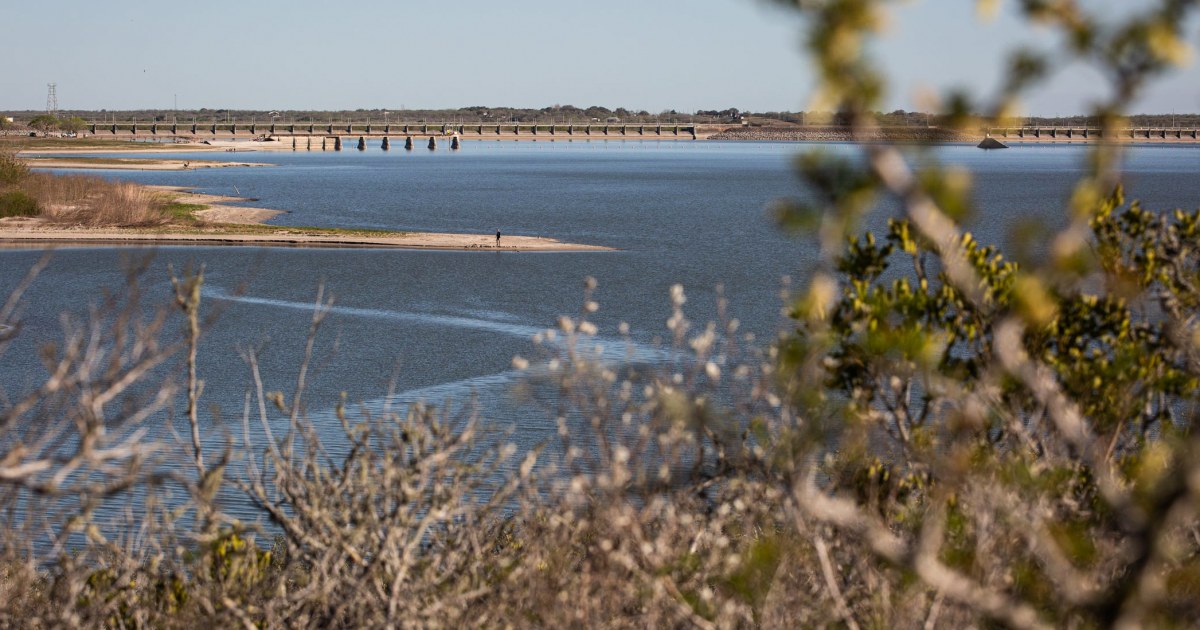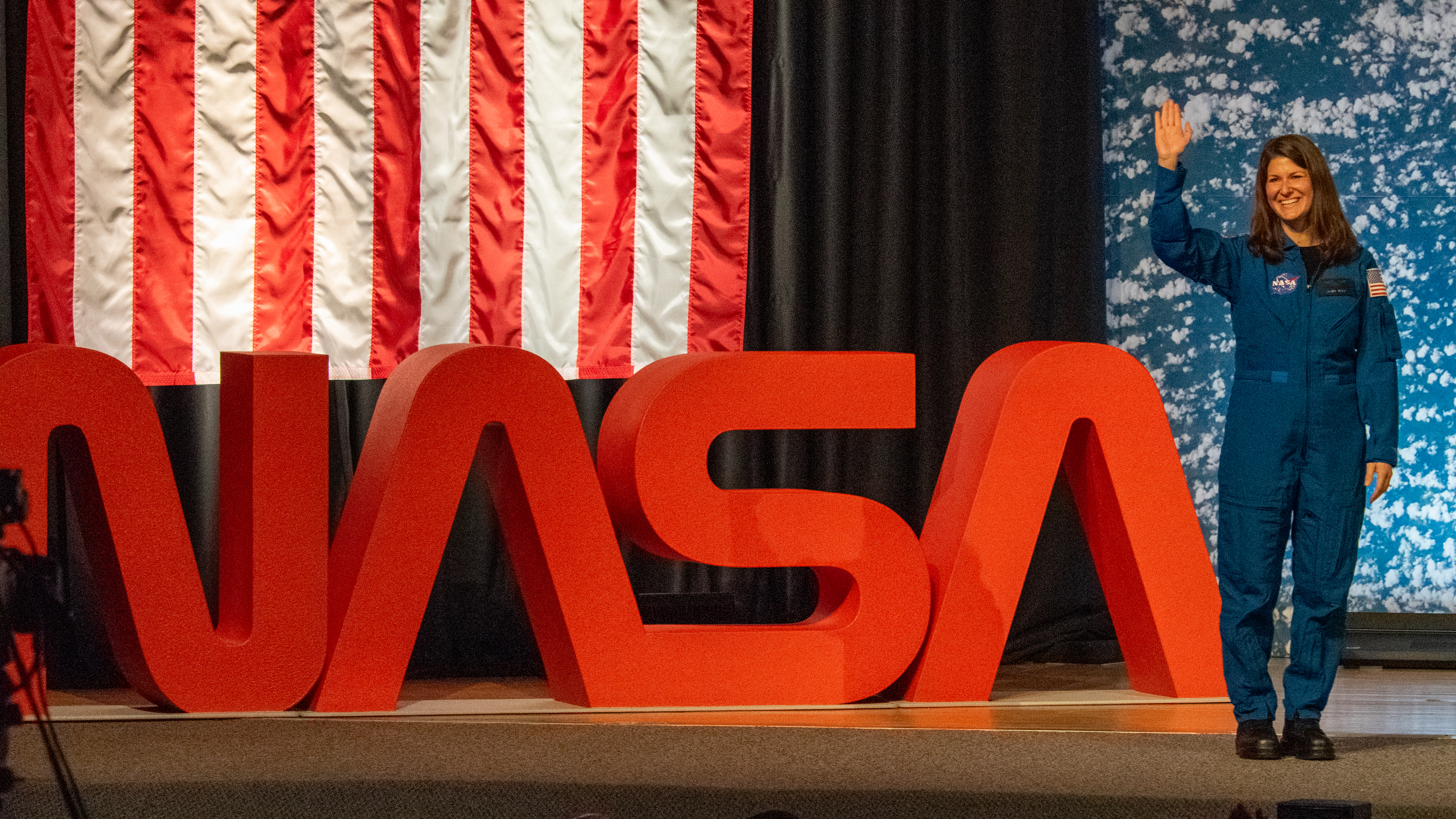In 2016, a remarkable discovery took place deep beneath the surface of a Canadian mine, where Professor Barbara Sherwood Lollar and her team uncovered the oldest water ever found on Earth. The water, located about three kilometers below ground, was found to be between 1.5 billion and 2.6 billion years old, offering a rare glimpse into the planet’s ancient past. But what’s more remarkable than the discovery itself is what the scientist did next: she drank it.
The Unexpected Discovery
While exploring the mine, Sherwood Lollar, a leading geologist, and her team initially expected to find small pockets of trapped water. However, to their surprise, the water was flowing, bubbling up at rates of liters per minute. “When people think about this water, they assume it must be some tiny amount of water trapped within the rock,” Sherwood Lollar explained.
“But in fact, it’s very much bubbling right up out at you.” This unexpected volume of flowing water immediately challenged preconceived notions about ancient subterranean water sources.
Sherwood Lollar found it to be “very salty and bitter,” much saltier than seawater. For geologists like her, this high salinity was an encouraging sign. Saltier water tends to be older, and this provided confirmation of the water’s ancient origins. In fact, the longer water ages underground, the saltier it generally becomes as minerals dissolve into it over time.
Microbial Life in Ancient Water
Sherwood Lollar’s team also made a groundbreaking finding. By analyzing the water’s composition, they identified traces of microbial life. Through studying the sulphate levels—elements commonly associated with salt—the team was able to confirm that these microbes had existed in the water for billions of years. “We were able to indicate that the signal we are seeing in the fluids has to have been produced by microbiology,” Sherwood Lollar said. This discovery suggests that these organisms could have thrived in a closed environment over geological timescales.
The implications of this discovery are far-reaching. It offers a unique opportunity to study life forms that may have once existed on Earth and could still be lurking in similar environments today. More importantly, this finding challenges traditional assumptions about how life forms might survive in extreme, isolated conditions, which has important implications for the search for life on other planets.
A Scientist’s Taste Test
In an unexpected turn of events, Sherwood Lollar decided to taste the ancient water. “If you’re a geologist who works with rocks, you’ve probably licked a lot of rocks,” she joked. But unlike a mere mineral sample, this water had a distinct flavor. “It was very salty and bitter,” she recalled, describing it as “much saltier than seawater.” Despite the peculiar taste, the scientist had no ill effects from drinking the water. Fortunately, her decision did not lead to any sci-fi-style consequences, and she was able to continue her research, living to share her fascinating findings with the world.
Sherwood Lollar’s research paper, which detailed these discoveries, was published in Nature in 2016, solidifying the significance of the ancient water. It provided new insights into Earth’s deep-water ecosystems and expanded our understanding of how life can persist under extreme conditions for billions of years.
Source link


